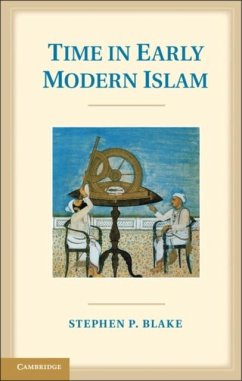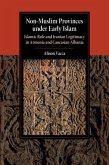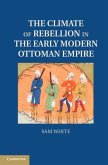The prophet Muhammad and the early Islamic community radically redefined the concept of time that they had inherited from earlier religions' beliefs and practices. This new temporal system, based on a lunar calendar and era, was complex and required sophistication and accuracy. From the ninth to the sixteenth centuries, it was the Muslim astronomers of the Ottoman, Safavid and Mughal empires who were responsible for the major advances in mathematics, astronomy and astrology. This fascinating study compares the Islamic concept of time, and its historical and cultural significance, across these three great empires. Each empire, while mindful of earlier models, created a new temporal system, fashioning a new solar calendar and era and a new round of rituals and ceremonies from the cultural resources at hand. This book contributes to our understanding of the Muslim temporal system and our appreciation of the influence of Islamic science on the Western world.
Dieser Download kann aus rechtlichen Gründen nur mit Rechnungsadresse in A, B, BG, CY, CZ, D, DK, EW, E, FIN, F, GR, HR, H, IRL, I, LT, L, LR, M, NL, PL, P, R, S, SLO, SK ausgeliefert werden.









